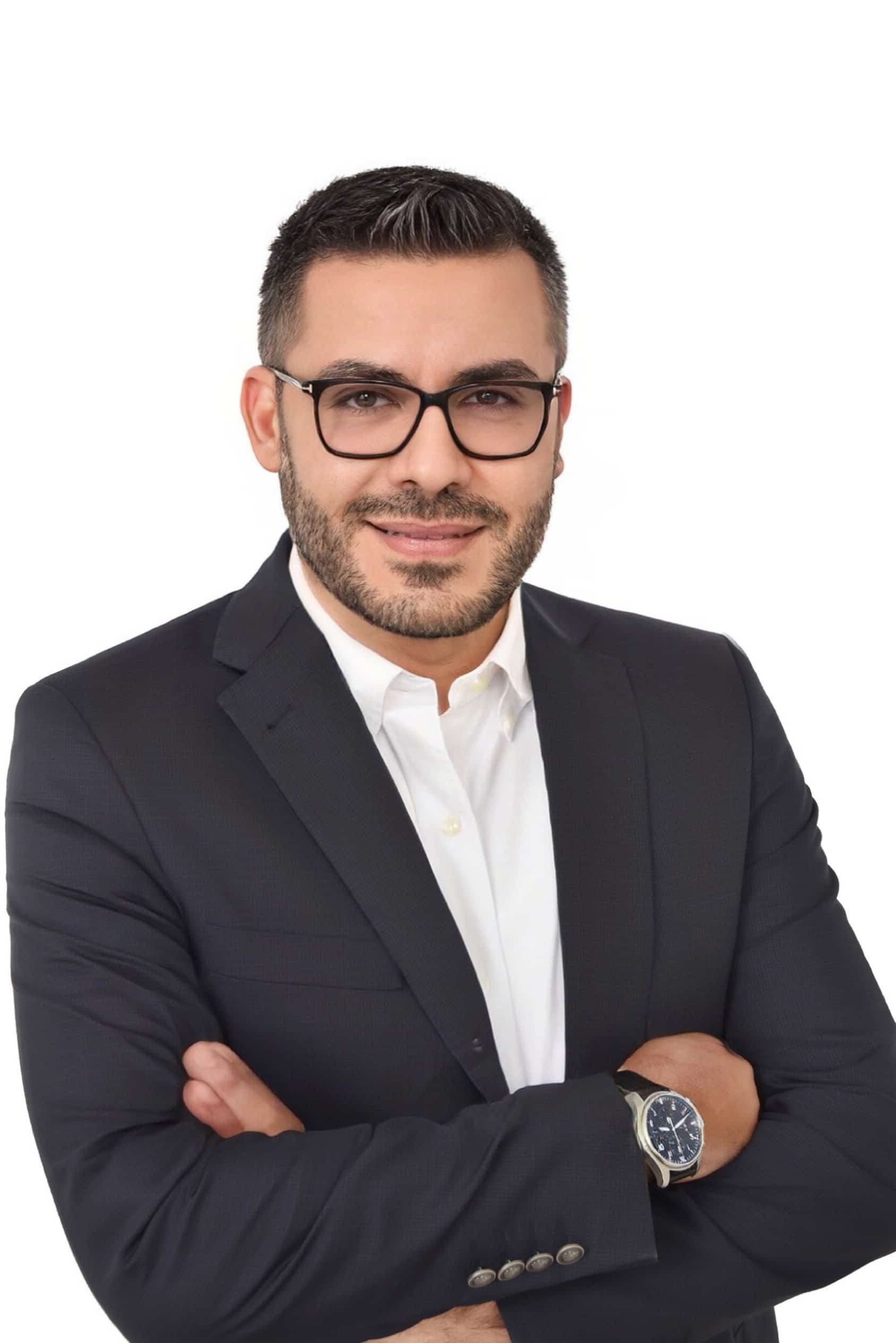Insight World speaks to Rabih Soueidi, Managing Partner at Sapience Consultancy,
Please tell us about yourself and Sapience Consultancy?
I am an enthusiastic data scientist and insights professional passionate about consulting and helping clients solve business and marketing issues. I received an MS degree in applied mathematics from the Lebanese University and started my career as a teacher in SABIS. It didn’t take me long before I moved to work in marketing and media research at Pan Arab Research Centre in Dubai, where I gained a lot of know-how and experience in media and advertising sciences. In 2009, I joined Mindshare Mena, where I led the research and analytics department and a very talented team. During my Mindshare years, I succeeded in building solid relationships with various clients from different industries and developed a lot of consultancy skills in marketing and media tactics and strategies. I also worked closely with the business planning hub in Mindshare UK on econometrics and predictive modeling projects for local and multinational companies.
In 2015 I co-founded Sapience Consultancy, a scientific marketing analysis and consumer research agency based in Dubai and catered to the MENA region. Sapience was founded based on marketing science and filling gaps in our markets from the perspective of data analytics, consumer research, or technology. We heavily use mathematics and technology to solve business and marketing problems accurately, and our work includes a wide range of predictive modeling, consumer insights, software solution, and training. We also provide syndicated research and customized research projects through quantitative and qualitative methodologies.
What makes Sapience Consultancy different from other agencies?
We are a results-driven agency that aims to help clients improve their ROI, we make ourselves different by using applied mathematics in our work, and we consistently deliver accurate and undebatable results. But three main differentiators are worth mentioning. First, we are relevant to the region as we possess the cultural and market knowledge and understanding because we started from here and our team is composed of people from the GCC, Levant and North Africa. The second differentiator is the international experience that we gain from our partnership with Conento that allows us to bring advanced and up-to-date analytics and technology. The third differentiator is the diversified knowledge and skills of our team.
As I mentioned, Sapience aims at filling gaps in our local markets in terms of analytics, research, and technology. Still, not only that, but we also want to build bridges between marketing professionals and data techs by combining business acumen with modeling, predicting, and hacking capabilities. Many agencies brag about quality which I believe could be very subjective; that’s why we prefer to walk the talk instead and deliver on what we promise. We always want to understand our client’s pain points first, then we can work on delivering accurate results and user-friendly dashboards to help to facilitate the decision-making process within organizations.
What are the most significant changes that you see impacting the market research industry? Where is the industry headed in the next few years?
Changes in consumer behavior are one of the major impacts on market research. Today consumers are more knowledgeable and connected, their path to purchase is becoming complex and more personalized.
Traditional research models focus on general behavior and needs, but behavior and needs are changing dynamically. Therefore linear methods and conversion funnels that are only based on samples and panels data are not adequate anymore; there is a need for more accurate measurements and predictive models that combines survey data with real-time and identity data which are adaptable to consumers ever-changing needs but at the same time do not violate people’s privacy.
With all this wealth of information, market research agencies need people who are more curious to know, as much as they need statisticians and digital capable people who at the same time possess the insight to understand the reasons behind the data. I presume there will be more binding between qualitative research and big data to carry on scout networking and use all the rich information coming from texts and videos. Story-tellers need to work with code-writers to synthesize all the information from different sources and put it all in nice visuals and make sense and meaning out of it. This could not be a one-person job, it has to be done in teamwork within market research organization in collaboration with clients’ teams to leverage skills and produce greater results. This means that qualitative and quantitative departments will not exist in solos anymore, they will be combined under one team and work together and closely with the clients’ marketing and insights teams to bring remarkable impact.
In your view, how is technology disrupting and transforming market research?
Einstein predicted gravitational waves 100 years ago in 1916, it was not until February 2016 that technology allowed scientists to detect these waves. Technology directly impacts the way we perceive everything around us and the way we collect, process, and visualize information. Sophisticated analytics tools, advanced data visualization, machine learning and natural user interfaces, wearables, beacons, and passive data collection are all parts of the technological revolution that is transforming market research.
There was a great deal of mathematical advancement that happened in the past, it was not until recently that many of these mathematical models find their way in real-world applications. More than a decade ago, machine learning algorithms like Artificial Neural Network and Support Vector Machine appeared to be as magic, nowadays devices and techniques that use these algorithms are taken as granted.
We will see in the future more use of connected devices that track consumers’ behavior and detect instantaneous moods. We might also see more use of technology in qualitative methodologies, as an increase in the use of virtual focus groups connecting respondents from different places who are physically sitting in their homes or offices. This could be done with more cost-effectiveness and faster than traditional methodologies.
But does all this mean that robots will take over and the work of researchers will be obsolete? Of course not! Because data without a human mind to analyze and use it is outdated! More data automation and better visualizing will free up researchers to add more analytical and consultative value. Also, the need for human interaction remains crucial in many research methods, especially those that require engagement with respondents to understand spontaneous reactions, impressions, and body language.
How should agencies respond to changing client expectations? How does your team ensure it delivers value to clients?
Having effective dialogues with clients is key to any successful business relationship. Clients want to work with empathetic agencies to their needs, scientific in their approaches, accessible anytime and dedicated. We live in a fast and busy world, but this shouldn’t prevent us from meeting with clients and discussing their requirements. Agencies shouldn’t be shy to bombard clients with questions to understand better their business background and what is needed before commencing any project.
They should also be very clear from the beginning of what they can or can’t deliver. Transparency in all stages of the projects and involving clients in several milestones is a must. The relationship shouldn’t stop submitting the final deliverables, but it should continue to the “so what”; agencies should go the extra mile and care about how clients use the results and learn what is working and what could be improved. In Sapience, we build strong relationships with our clients by making ourselves their extended team and staying focused on how we can improve their business. This is our win-win strategy in growing our business because we know that clients will repeat working with us and will spread positive words of mouth, which are very effective in bringing us other new business.
Original article: insights-world


